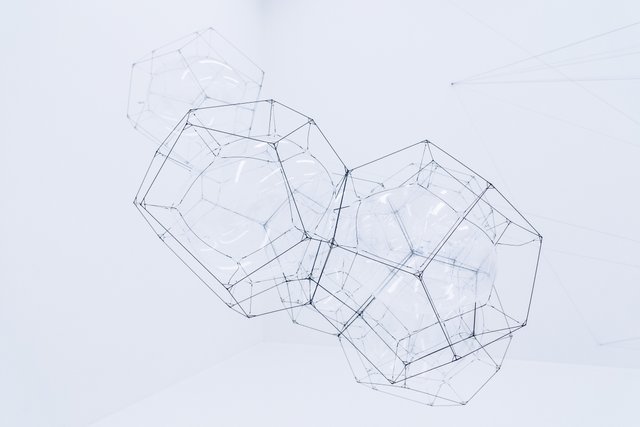Homo Deus
I recently read Homo Deus by Yuval Noah Hararis. In his book he looks at the history of mankind, how we became the predominant species on this planet and dares a look into the future.
Thanks to their cognitive abilities, humans have succeeded in cooperating in large groups without knowing them. This was achieved mainly through the development of language and writing, fictions such as gods, money, legislation and much more. Since humans could agree on these rules and myths, the handling (and the trust) with ever larger accumulations of strangers was made possible. On the journey of our history, Harari shows us how we came to agriculture, what role gods and religion played and what phase humanity is currently in.
In the course of history, our perception has changed into the supreme authority in life. In ancient times, people regarded God as an authority who could arbitrarily dispose of people and their lives. With humanism, people began to believe in themselves. Now we are at the interface between humanism and the new age, whose religion could be dataism.
Humans are on the verge of merging with the most powerful algorithms of artificial intelligence.
In his book he goes so far that computer algorithms will soon become legal entities and how today's companies can conclude contracts, conduct lawsuits and own goods and money.
Do we have free will? Liberal humanism assumes that people are "free" and make their decisions freely. Are we unpredictable in our uniqueness? Can people in a democracy vote "freely"? According to Harari, we are nothing more and nothing less than a calculable algorithm. If you can decode this algorithm, then you know what is best for the individual.
Love life, choice of partner, health, job, eating behaviour, addictive behaviour or art: these data know more about us than we do. And they make the better decisions. This shifts the perception from the highest authority to the data.
So what do the insights from our history and the importance of data (and data integrity) for new technologies such as blockchain or the tangle mean? We're gonna find out.
Dō itashimashite
亜
希
斗
